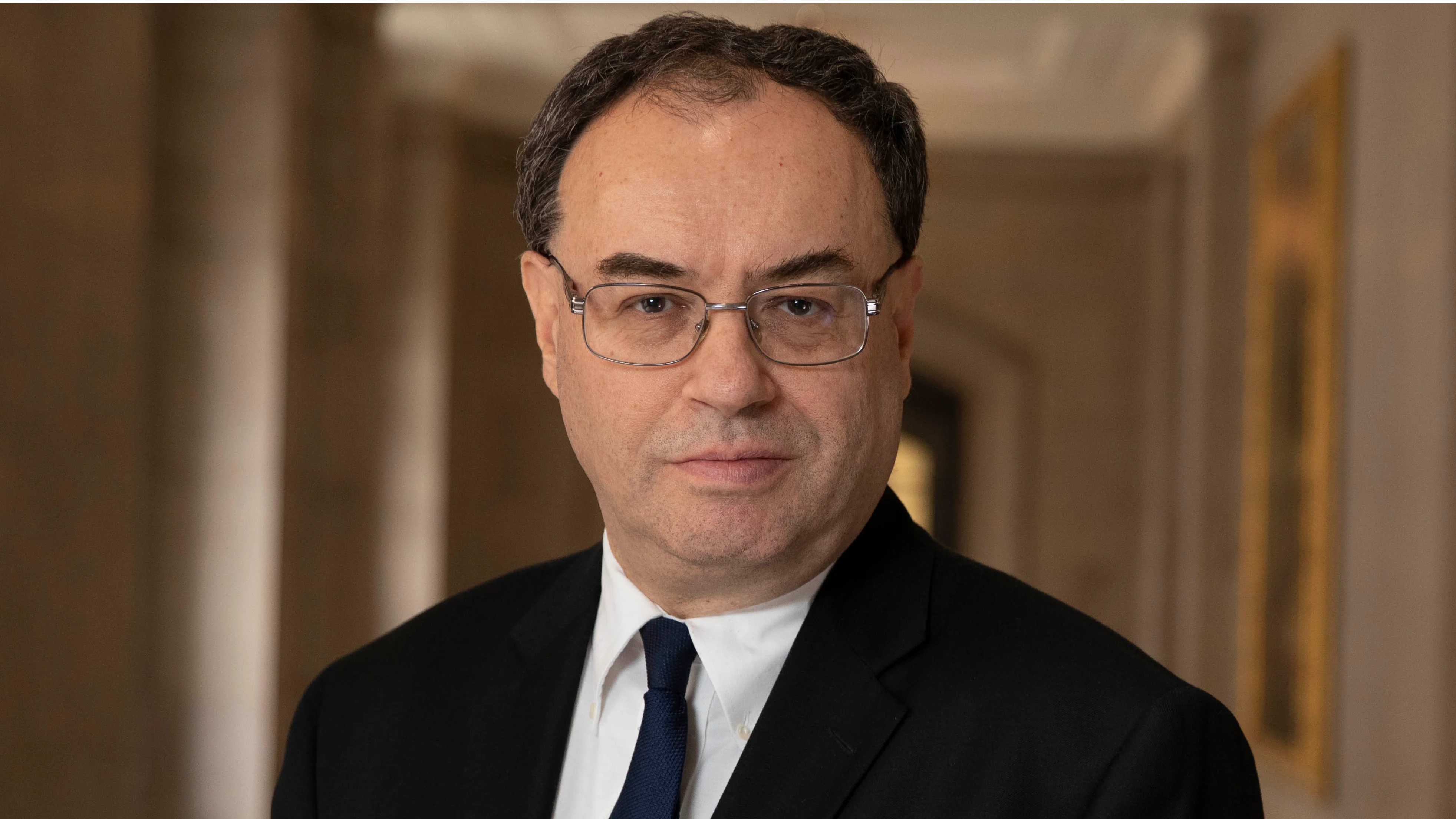The Chair of the Financial Stability Board (FSB) delivered a comprehensive address reflecting on the state of financial stability, drawing parallels to a parable by David Foster Wallace. The story emphasizes that "the most obvious, important realities are often the ones that are hardest to see and talk about."
The Chair highlighted several challenges faced during their tenure, including market disruptions caused by events like the Covid pandemic and geopolitical tensions. They noted that non-bank financial intermediation (NBFI) has become crucial but also poses risks due to liquidity mismatches and leverage. The FSB's efforts have focused on policy recommendations for enhancing resilience in money market funds and addressing systemic risks.
Despite progress, implementation remains key. "Recommendations alone don’t reduce systemic risk," they stated, emphasizing the need for better data in the NBFI sector to identify vulnerabilities early.
The speech also touched on technological innovation's impact on finance, noting its benefits and associated risks such as cyberattacks. The rise of crypto-assets was discussed as a potential tipping point for systemic risk, with calls for robust regulatory frameworks.
Climate change was identified as an immediate challenge affecting financial stability. The FSB's Climate Roadmap aims to improve firm-level disclosures and vulnerability analysis.
In conclusion, global cooperation is deemed essential for maintaining financial stability across borders. The Chair urged continued commitment to international bodies like the Basel Committee and FSB: "Preserving financial stability is continuous hard work."

